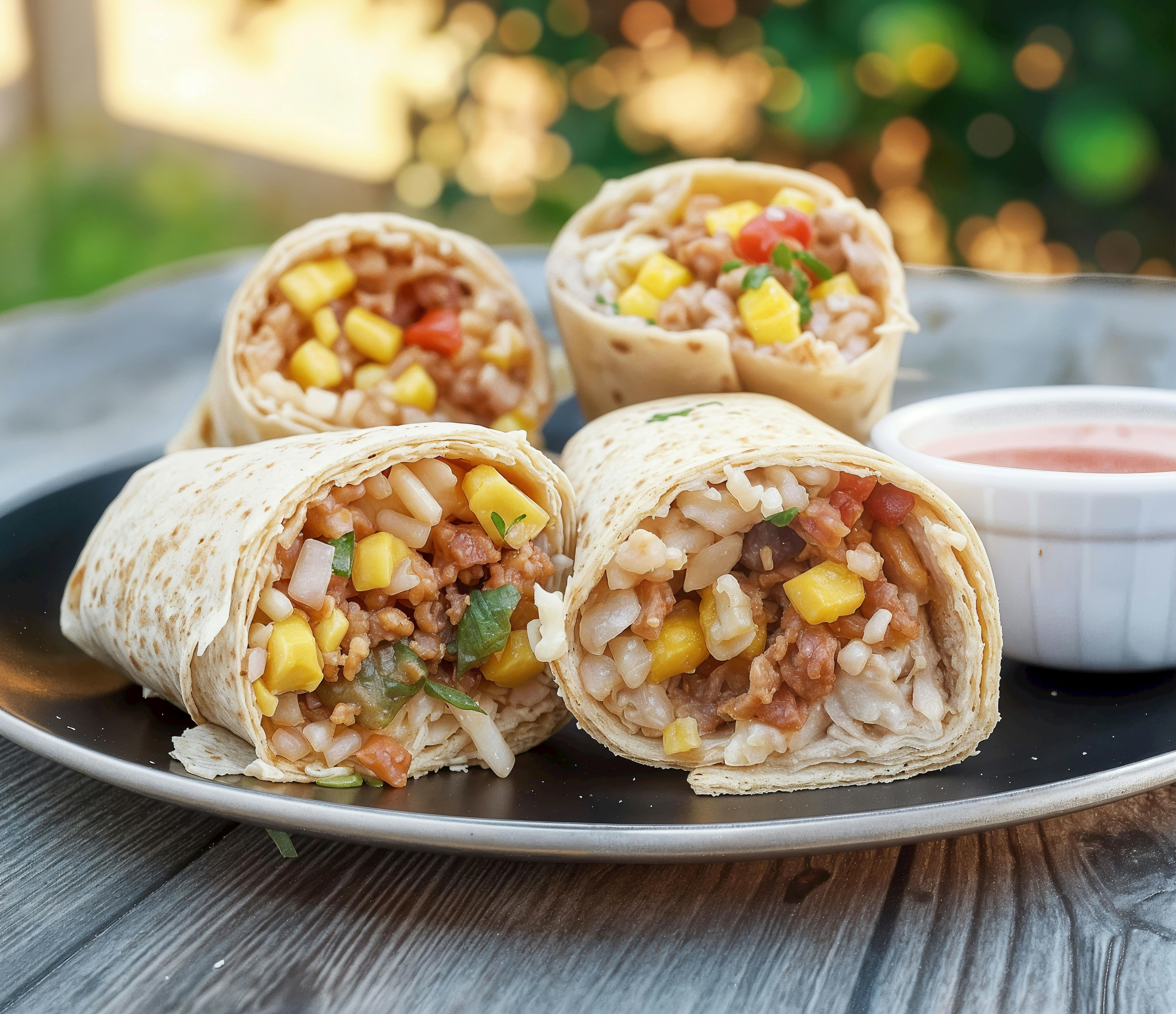Apply Now
Best 5 Tips for Eating 2000 Calories a Day in 2025
Eating a well-balanced diet that totals around 2000 calories a day is vital for maintaining energy levels and supporting overall health. In modern times, with the increasing awareness about nutrition and health benefits, many people strive to meet specific daily calorie needs tailored to their fitness goals. Achieving this balanced intake requires a strategic approach toward meal planning, understanding macronutrients, and being mindful of food choices. This article explores the best five tips for effectively managing a daily calorie intake of 2000 calories, keeping in mind dietary recommendations and fitness aspirations.
With a focus on energy balance, you can establish a balanced diet that supports weight maintenance or weight loss, depending on your individual goals. Moreover, these tips embrace healthy eating habits while ensuring that you enjoy a diverse range of foods. Let’s dive into these essential strategies for achieving 2000 calories each day without compromising on nutrition.
Essential Strategies for Calorie Counting
Understanding Daily Calorie Needs
Calculating personal calorie requirements is crucial for tailored nutrition. Each individual has different caloric needs based on factors such as age, sex, and activity level. Men typically require more calories than women. To accurately determine daily needs, consider using an online calorie calculator that factors in weight goals and physical activity levels.
It's important to note that caloric intake is not just about the numbers; understanding the nutritional value of the foods consumed is equally important for effective weight management.
Prioritize Macronutrient Balance
A balanced diet should ideally consist of macronutrients: carbohydrates, proteins, and fats. Each macronutrient plays a unique role in energy production and overall health. To fulfill daily calorie requirements, aim for 45-65% of calories from carbohydrates, 20-35% from fats, and 10-35% from proteins. This balance not only supports metabolism but also is vital for muscle maintenance, energy levels, and overall health.
When planning meals, emphasize nutrient-dense foods like whole grains, lean proteins, healthy fats, and plenty of fruits and vegetables.
Incorporate Mindful Eating Practices
Mindful eating revolves around being present during meals and paying attention to hunger cues. This practice can significantly enhance portion control and prevent overeating. Take time to savor meals, which will allow you to enjoy the flavors and recognize when you're satisfied, reducing the index of caloric surplus.
Moreover, avoiding distractions like screens while eating fosters better awareness of food choices and portion sizes.
Meal Planning for Energy Balance
Effective meal planning is integral to successfully reaching 2000 calories daily. Create a weekly meal plan that includes breakfast, lunch, dinner, and snacks, ensuring a variety of food choices. Aim to include whole foods over processed foods for nutrient density.
Using a food diary or an app for calorie tracking can help you stay within your calorie goals while monitoring macronutrient intake.
Hydration Influence on Caloric Intake
While not directly caloric, hydration has a profound impact on your overall dietary choices and can influence hunger levels. Drink plenty of water throughout the day to stay hydrated, especially before meals. This practice may aid in appetite regulation, making it easier to maintain caloric balance.
It’s crucial to note that sometimes thirst is mistaken for hunger, leading to unnecessary calorie consumption.
Smart Food Choices for 2000 Calorie Plan
Healthy Recipe Ideas
Exploring and trying out healthy recipes can make sticking to your calorie goals enjoyable. Incorporate recipes that are rich in nutrients but still satisfy your caloric requirements. For example, consider meals high in dietary fiber, like oatmeal topped with fruits and nuts, or a quinoa salad with a variety of vegetables.
Experimenting with seasonal foods not only enhances flavors but also engages creativity in the kitchen, leading to a more enjoyable eating experience.
Portion Control Strategies
One of the most effective strategies for managing a 2000 calorie diet is learning about proper portion sizes. Familiarize yourself with standard servings to ensure that you are meeting your dietary needs without exceeding caloric intake.
Utilize kitchen tools like measuring cups, or simple visual cues (e.g., a serving of protein should be about the size of your palm) to help maintain appropriate portion control during meals.
Snack Wisely
Healthy snacks are an excellent way to maintain energy levels and help reach calorie goals without resorting to unhealthy options. Choose snacks that provide a balance of macronutrients. For instance, pair fruits with a source of protein like Greek yogurt, or whole-grain crackers with hummus.
Mindful planning of snacks can help sustain portions and improve overall nutrition while adhering to calorie restrictions.
Physical Activity and Caloric Requirements
Impact of Exercise on Daily Intake
Incorporating physical activity into your routine can influence how many calories you burn daily, which in turn affects how much you need to eat. Exercise not only supports weight management but also enhances metabolic rate. Depending on activity levels and goals, adjust your calorie intake accordingly to meet energy demands.
Engaging in a combination of cardiovascular, strength training, and flexibility exercises can provide comprehensive benefits for optimal body composition.
Meal Timing for Energy Management
Timing your meals effectively can aid in managing hunger and energy levels. Consider having small meals or snacks throughout the day to keep your metabolism active and prevent energy crashes. Spacing meals every 3-4 hours can help maintain blood sugar levels, enhancing physical and mental performance.
This strategic structuring of meals can also help you efficiently distribute your caloric intake over the day, ensuring you do not feel deprived.
Healthy Eating Habits for Long-Term Success
Building sustainable eating habits that respect your caloric goals is essential for long-term health. Focus on developing a healthy lifestyle through balanced eating, portion control, and regular physical activity. Avoid the temptation of crash diets or fad diets that are unsustainable and could lead to nutritional deficiencies.
Stay informed by regularly reviewing dietary recommendations from reliable sources, which can guide you in maintaining an optimal diet that aligns with your fitness goals.
Q&A About a 2000 Calorie Daily Diet
What are the key benefits of a 2000 calorie diet?
Following a 2000 calorie diet can help maintain weight, support metabolic health, and ensure adequate nutritional intake without feeling deprived. This helps build enjoyable yet sustainable eating patterns.
How can I effectively track my daily calorie intake?
Utilizing meal tracking apps, keeping a food diary, or using standard serving sizes can promote awareness of dietary habits, offering insight into calorie and nutrient intake while adhering to your goals.
Are there foods to avoid on a 2000 calorie plan?
While all foods can fit into a balanced diet, it's wise to limit or avoid highly processed foods, added sugars, and unhealthy fats that lack nutritional density. Focus on whole foods that provide sustained energy and nutrition.
Can I indulge on a 2000 calorie diet?
Yes! Incorporating occasional treats or cheat days while staying mindful about portion sizes can help make a 2000 calorie diet enjoyable and sustainable without leading to feelings of deprivation.
How does hydration impact my caloric intake?
Proper hydration can affect hunger and fullness signals. Staying adequately hydrated may prevent excess snacking and help distinguish between feelings of hunger and thirst.




